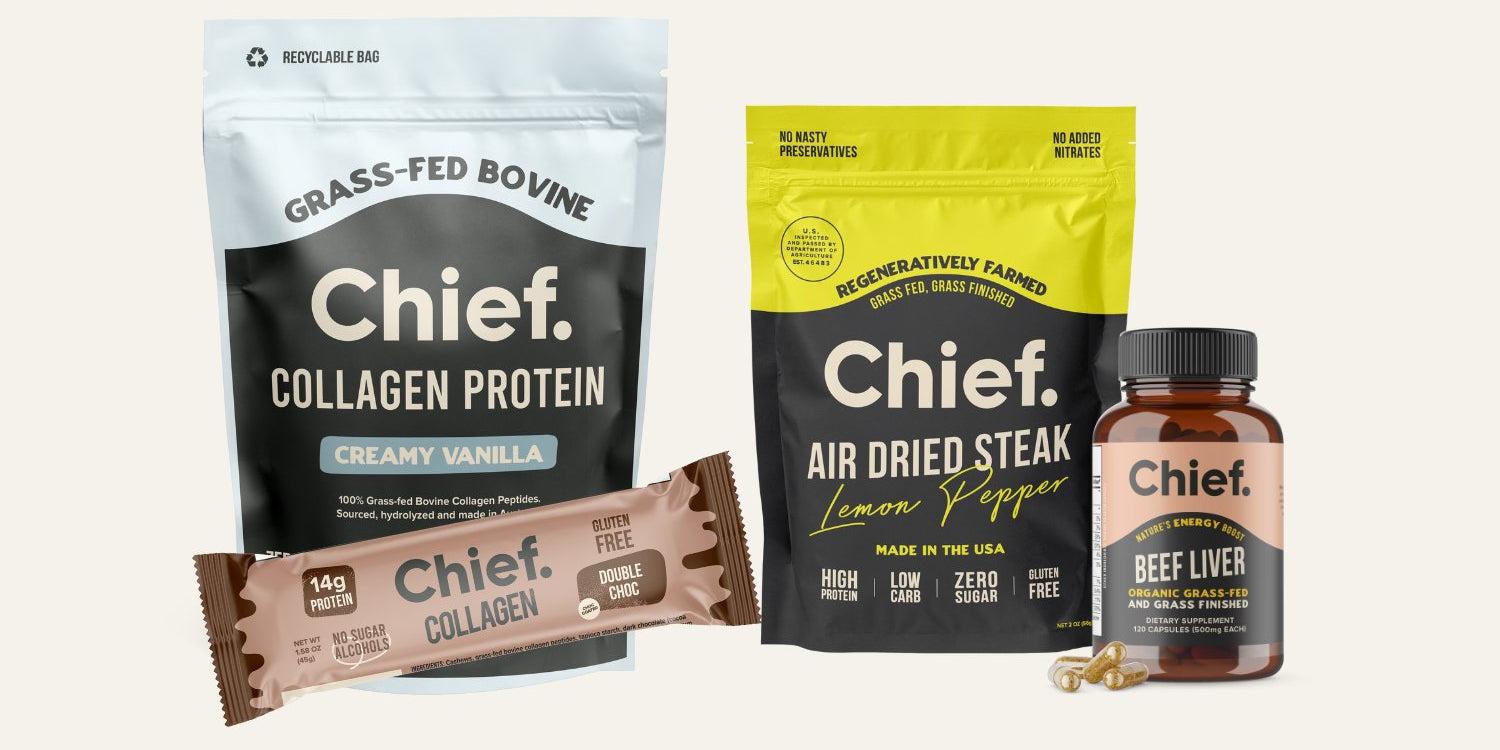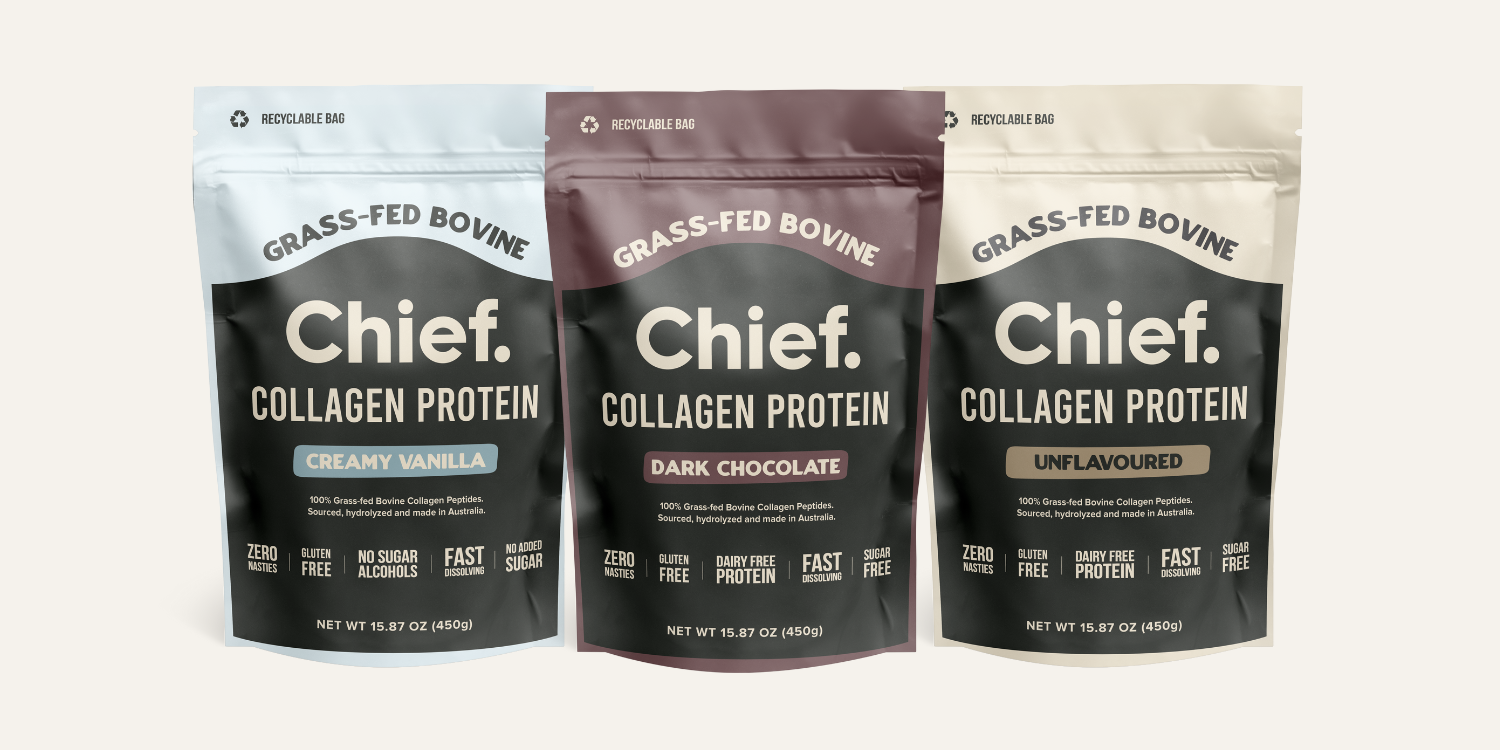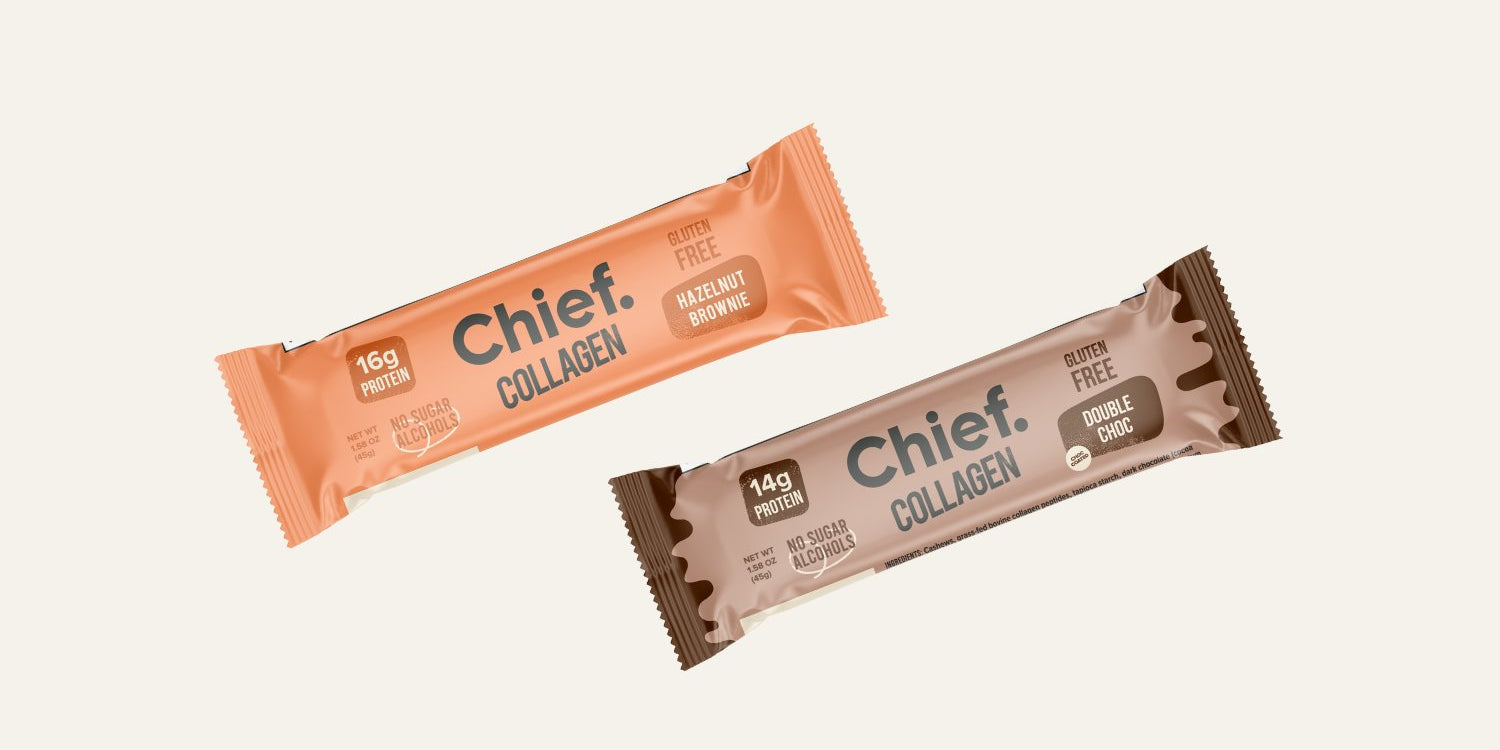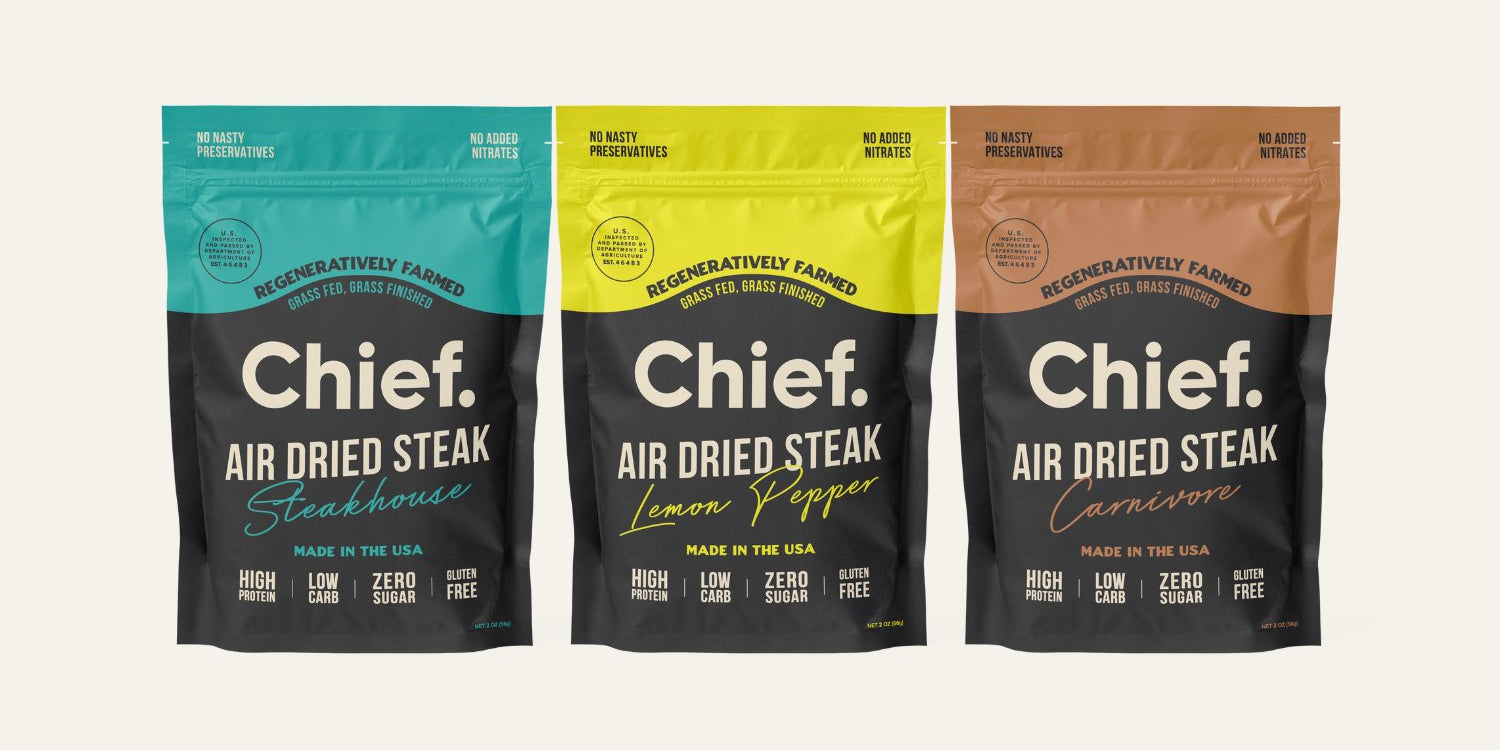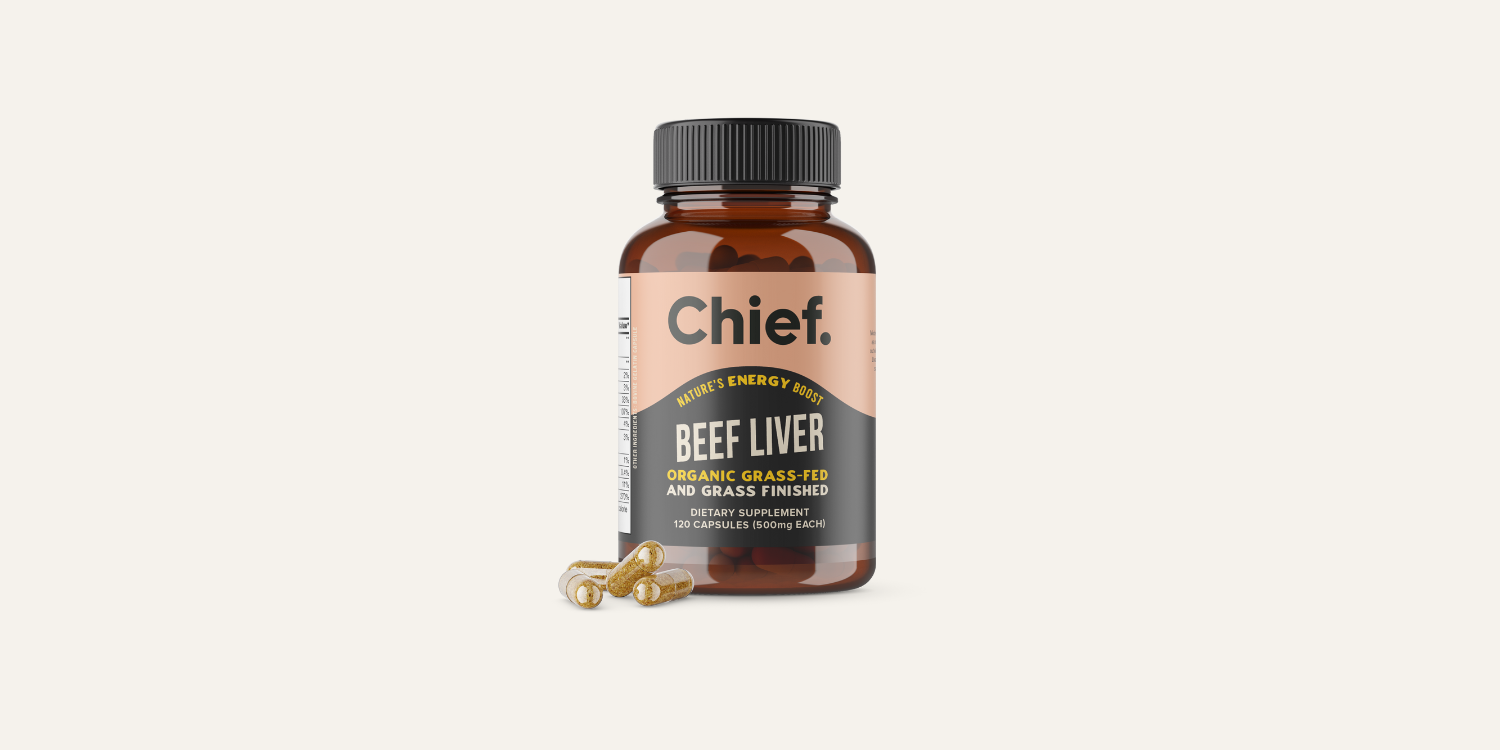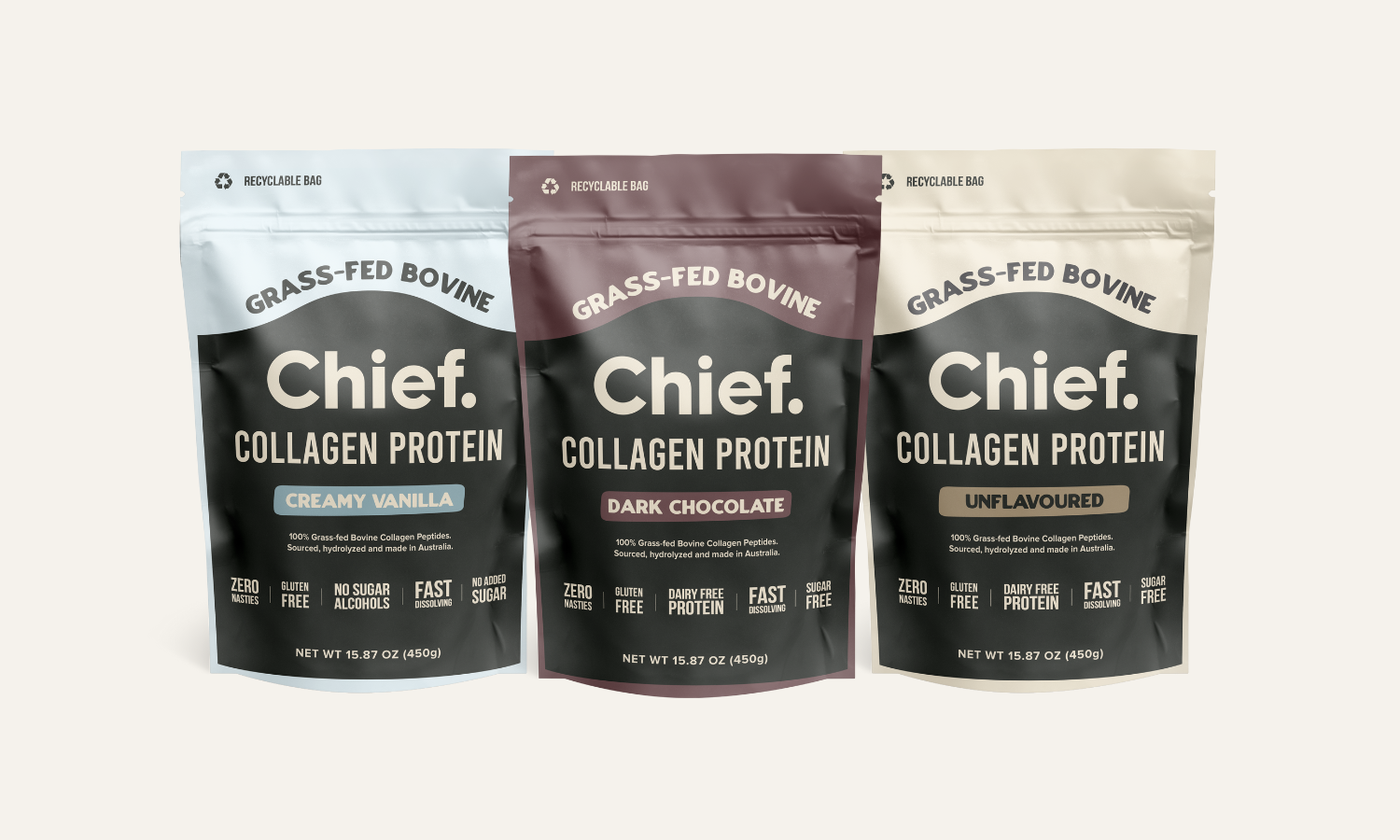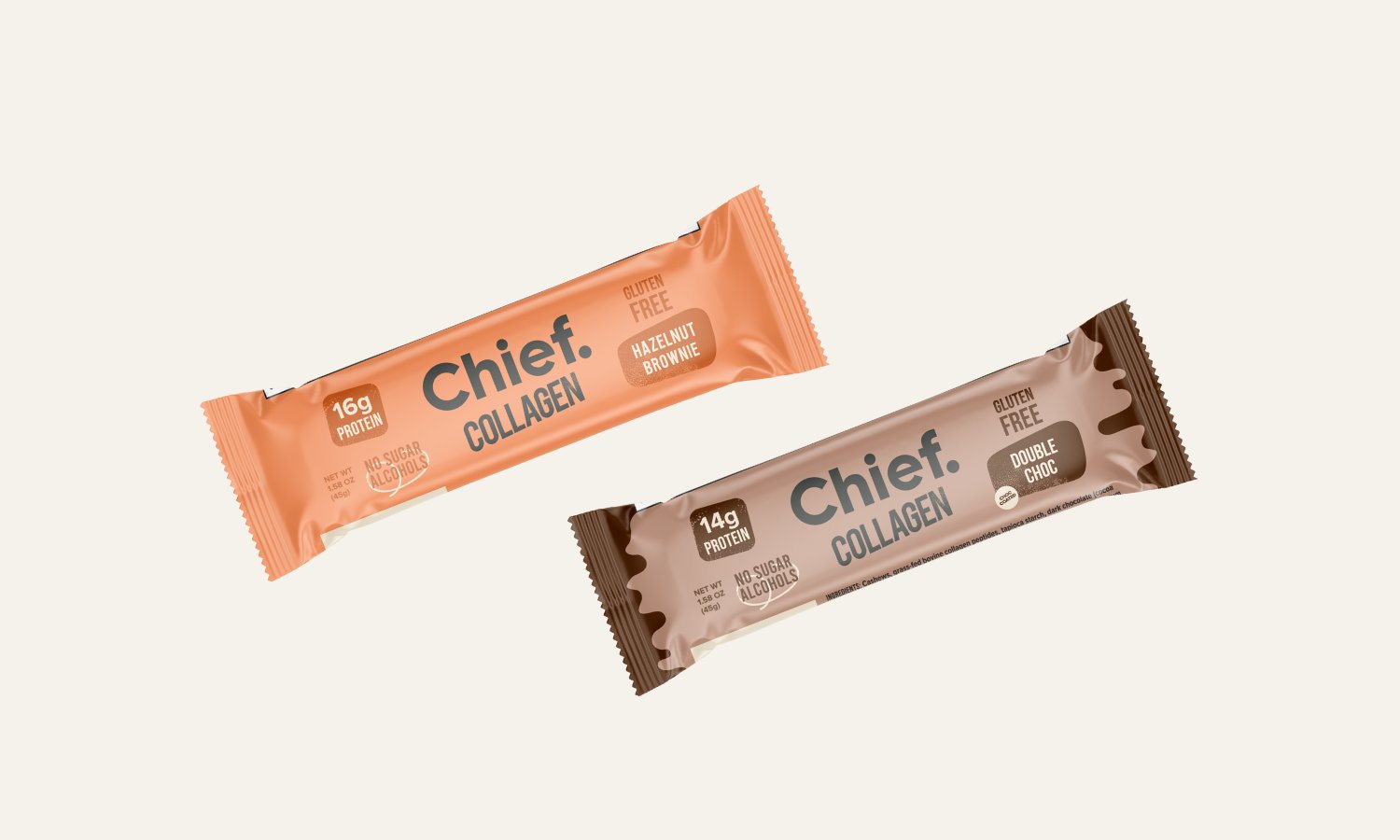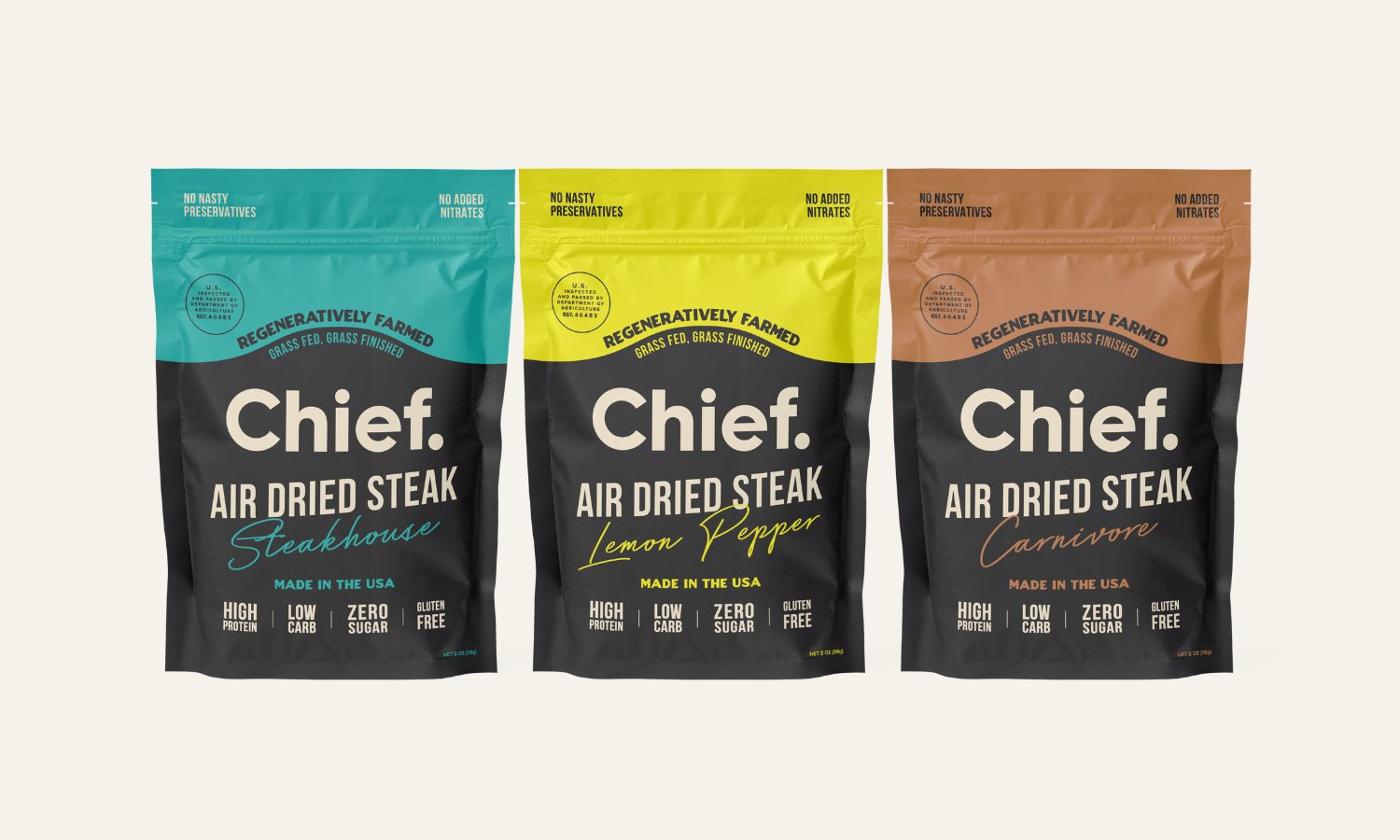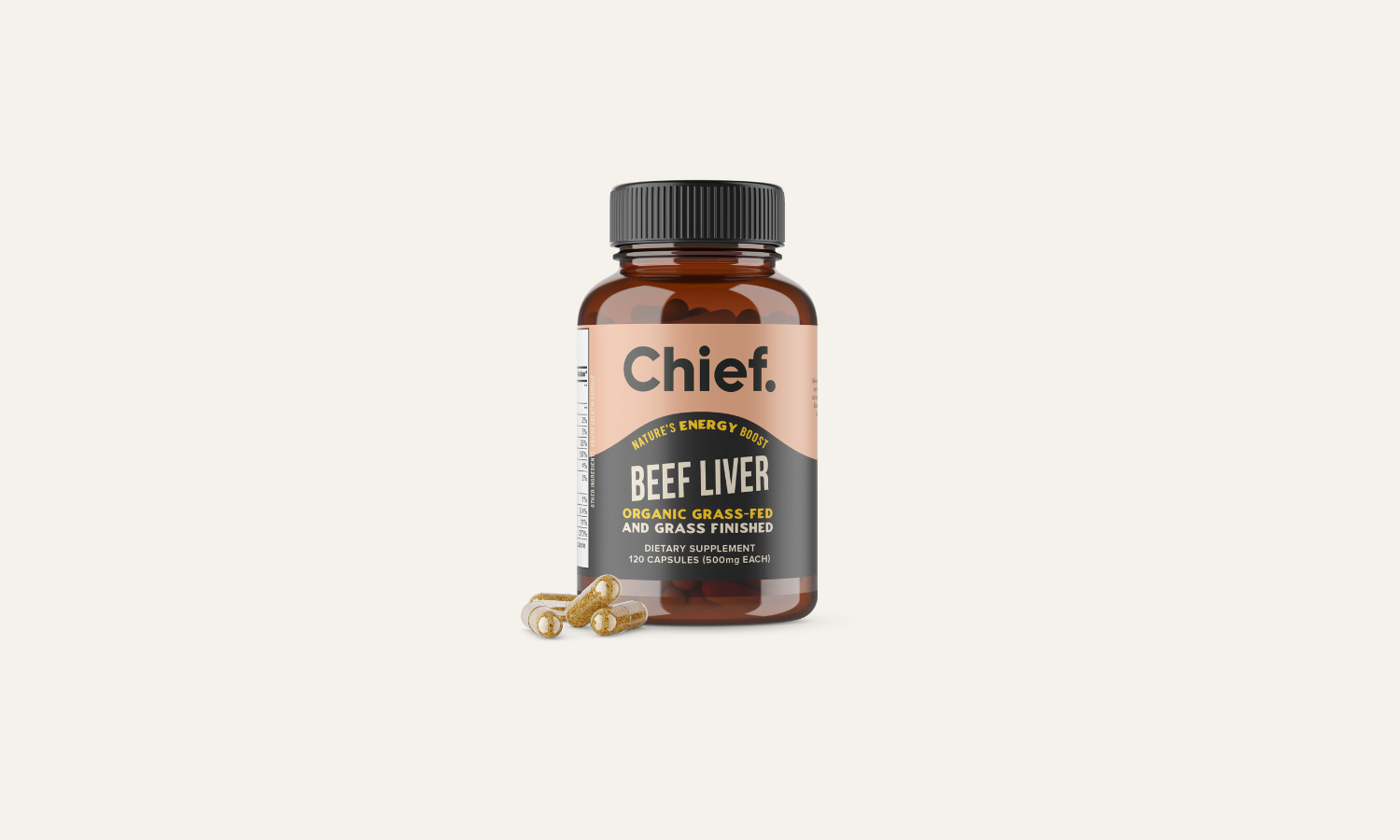We sat down with Jessica Turton, a Dietitian we love to follow on Instagram, to pick her brain on all things nutrition. If you're not a regular reader of our articles you might be surprised to hear her views on red meat and eggs!
Please tell us a bit about you?
I am an Accredited Practising Dietitian (APD) and the Director of Ellipse Health. I completed a Master’s in Nutrition and Dietetics at the University of Sydney in 2017, and am currently undertaking a PhD to formally investigate the role of low-carbohydrate diets in type 1 diabetes management.
I manage a team of APDs across 6 private practice locations in NSW. We consult with hundreds of patients each year via both online and in-person communication, and have successfully helped many individuals regain control of their health with a personalised approach to nutrition.
I am interested in the role of nutrition for various clinical populations, including diabetes, overweight and obesity, PCOS, inflammatory bowel disease (IBD), irritable bowel syndrome (IBS), disordered eating, and cardiovascular disease.
And why did you decide become a dietitian?
I knew I wanted to become a dietitian from a very young age as I have always been interested in health and nutrition. However, my relationship with food has not always been positive.
When I was in high school, I got sucked into the toxic dieting world and severely restricted my intake of Calories in a quest to lose weight. During a time where I was in a peak stage of growth and development, and should have been making lifelong memories with friends and family, I lost 40% of my body weight. But I didn’t just lose weight, I lost myself. My personality completely changed and I was no longer the bright and bubbly girl that everyone remembered me as.
I spent the next 10 years trying to figure out what on Earth I was supposed to eat. The advice to ‘eat less and move more’ had failed me - it led me down a path of energy and nutrient deprivation where my body and mind suffered immensely. I also tried to ‘eat everything in moderation’ and this resulted in years of binge eating where I completely lost control over what was going in my body. Along the way, I started realising that no one else really had it figured out either. The people around me also had toxic relationships with food, dieting and weight loss.
Although I always wanted to be a dietitian, my personal experience with disordered eating and extreme weight fluctuations fuelled my drive and passion for nutrition. I just wanted to know once and for all how to be healthy and improve my own relationship with food. I knew that by doing this for myself, I would be able to help others. I am very proud to say that I have spent the last 5 years working with individuals all over Australia to help them break free from the toxic dieting cycle, regain control of their health, and improve their relationship with food.
What would you say is your core philosophy when it comes to nutrition?
My core philosophy when it comes to diet and nutrition is to go back to basics. Our society has overcomplicated nutrition to the point where no one truly knows what they should or shouldn’t be eating.
The fundamental reason that we eat food is to get energy, proteins, fatty acids, vitamins and minerals. Our individual requirements for energy and nutrients vary depending on our stage of life, activity levels, stress, medical conditions, medications, and many other factors. I teach my patients this foundational knowledge of human nutrition and metabolism to help them create their own unique dietary plan. I encourage them to eat more of the foods that contain the energy and nutrients they need, and less of the foods that don’t. I also teach them how to understand what their body's signals mean and how to interpret their own blood tests. These skills enable them to monitor, evaluate, and adjust their unique dietary plan throughout the different stages of life.
These basic principles of nutrition can be applied to everyone, no matter how simple or complex an individual’s circumstances.
What are some of the common health challenges you see in your practice?
Most people coming to our practice have at least one nutrient deficiency. This means that their diet is not meeting their fundamental nutritional requirements. Nutrient deficiencies can lead to or exacerbate a whole host of health issues including low energy or fatigue, headaches or migraines, brain fog, weight loss resistance, anxiety, depressed mood, poor sleep, skin issues, hair loss, body aches and pains, and poor exercise recovery. In severe cases, nutrient deficiencies can also contribute to chronic diseases such as osteoporosis (brittle bones), sarcopenia (muscle wasting), gum disease, autoimmune conditions, neurological disorders, type 2 diabetes, and heart disease. Common nutrient deficiencies we see in practice include deficiencies in proteins, iron, magnesium, calcium, omega-3 fats, vitamin D, folate, vitamin K2, and vitamin B12.
In my opinion, understanding diet and nutrition is critical to understanding how to treat and prevent almost every health condition on the planet.
What does the health industry get right and where is it going wrong?
The demonisation of real food, such as red meat and eggs, has been a real disaster… People are diligently avoiding red meat and eggs out of fear that these foods will increase their risk of cancer or heart disease. Instead, they are filling up their trolleys with ultra-processed foods that are likely far worse for their health.
It is crazy to think that we live in a world where most people would consider refined cereal to be a healthier option than steak and eggs.
The reality is that real food, such as red meat and eggs, are some of the most nutrient-dense foods on the planet. These foods provide us with abundant amounts of essential nutrients like proteins, iron, vitamin B12, omega-3 fats, and much more. Any potential ‘risk’ of eating red meat and eggs is far outweighed by all the known benefits of including these foods in your diet. The same cannot be said for ultra-processed food products, like breakfast cereals, muesli bars, pastries, biscuits and plant-based meat alternatives.
Much of my work with patients is around unraveling the poor nutritional advice they have been given over the years. I discuss the scientific evidence with patients so they can make their own informed decisions about diet and health.
Can you tell us a bit about your book?
As a dietitian working in clinical practice, I am always striving to translate the latest scientific evidence into practical information that individuals can apply to their everyday lives. This year, I co-authored an eBook with Dr Pran Yoganathan called 'Getting Started with Low-Carb'. This is a comprehensive guide to nutrition and health that equips readers with the fundamental knowledge and practical tools that they need to develop their own unique dietary plan and regain control of their own health, for good.
I have studied low-carbohydrate dietary patterns in depth throughout the past 10 years. Although many people consider low-carb diets to be ‘fad diets’, they are well-established in the scientific literature as the most effective dietary approach for managing and/or reversing type 2 diabetes. What I love most about low-carbohydrate diets is that they can achieve improvements in health outcomes without needing to restrict Calories. Ad libitum low-carbohydrate diets that do not put any focus on Calorie restriction have been shown to be effective for weight loss, improved glycaemic control, and reduced risk of heart disease in people with type 2 diabetes.
Well-formulated low-carbohydrate diets can help individuals meet their fundamental energy and nutrient requirements by prioritising nutrient-dense foods that are not only delicious, but also help them to feel satiated and energised. Our eBook contains all the information people need to get started on well-formulated low-carb approach.
I don’t necessarily think that everyone needs to go on a low-carb diet. However, there are some core components of well-formulated low-carbohydrate diets that everyone should be aware of and learn how to implement, no matter what dietary pattern they choose to follow.
How can people learn more about you and from you?
I post a lot of free resources on the Ellipse Health website, including articles and videos. You can also book a diet consult with myself or my team if you feel that you would benefit from personalised nutrition.
I am also quite active on Instagram and Facebook, where I like to share my thoughts and some practical tips around health and nutrition. My fur-baby, Albus, features quite heavily on there too!
E-book | www.ellipsehealth.com.au/shop
Website | www.ellipsehealth.com.au
Instagram | @jessicaturton_dietitian
Facebook | @jessicaturtondietitian

